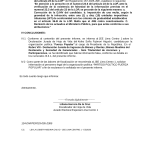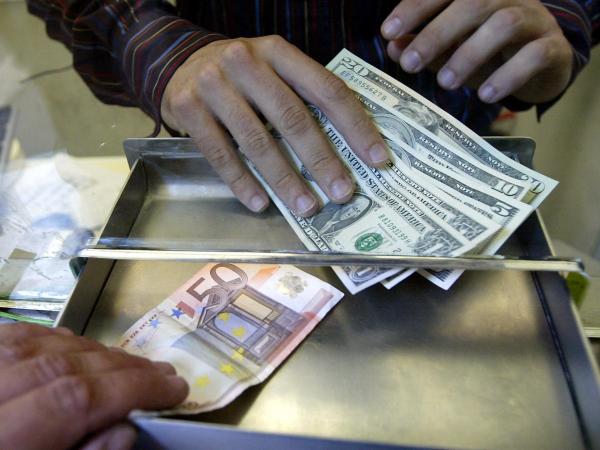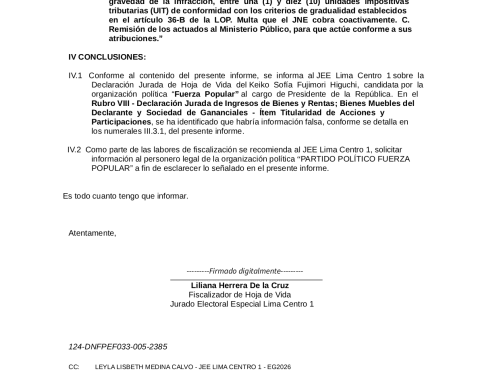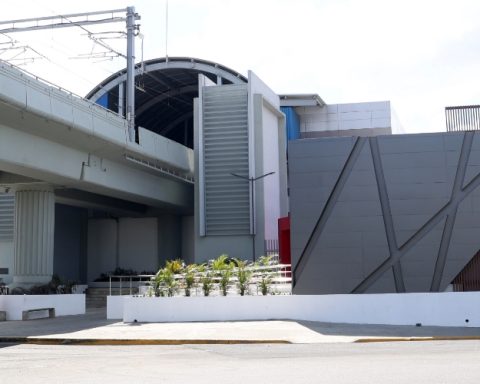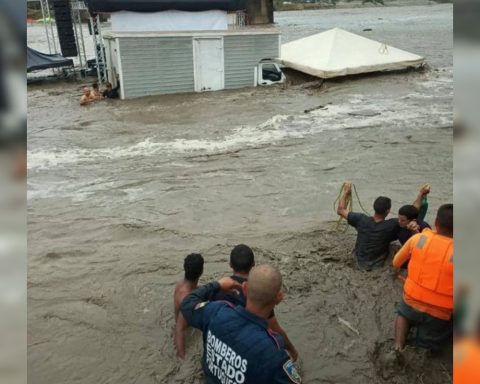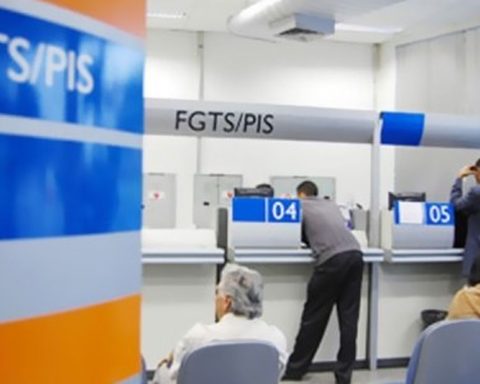R
will be in the chair until the end of the detour – the presidential elections of 2026 – the rural teacher, direct expression of the subordinate and provincial classes, who last year snatched the presidency of Peru from Keiko Fujimori, heiress of the imprisoned former dictator, by a handful of votes?
At this point, six months after Pedro Castillo took office –and hopes and desires were flying high and to the left–, the bets are more on the abrupt interruption than on a difficult continuity. The fact that in a single semester the fourth government has been reached adds a record to Peru –the country of four presidents in one year–, but above all it says a lot about the great political instability of the nation.
After winning the elections by only 44,000 votes, Castillo has been under heavy artillery fire all the time: first because of the accusations of fraud by Keiko Fujimori – almost a thousand completely false accusations, but which managed to postpone the proclamation of the result for a month –, then and until now due to the rejection that a traditionally racist society like Lima reserves for a cholo, a son of peasants, an Andean community member without much education or titles who reaches the highest position.
The aversion to the rural teacher has materialized even in death threats: Rafael López Aliaga, better known for porky Because of his Swiss face, owner of the extreme right-wing party Renovación Popular, he has allowed himself to incite Castillo’s murder without legal consequences.
A first attempt to remove the presidency using the figure of vacancy due to permanent moral incapacity
– a nineteenth-century cause that actually referred to the physical or mental health of the president – has failed because it did not obtain the necessary votes in Congress, mostly right-wing. The Peruvian Congress -unicameral of 130 deputies- has not stopped cooking in its basement the design of a coup, legal
or brutal, to remove Castillo from power. Meanwhile, he has dedicated himself to approving blatantly anti-popular laws, such as the university counter-reform, which is provoking strong demonstrations on the part of young people. It remains to be remembered that, during the second presidency of Alan García (2006-11), universities began to multiply like mushrooms. duckling (there they say trout) and that, consequently, the National Superintendence of Higher University Education (Sunedu) was entrusted with evaluating the level of each institution, licensing the meritorious ones and making the appropriate recommendations to the universities that were revealed to be lacking. However, the law recently approved by Congress undermines the powers of Sunedu, removing teeth and incorporating some rectors, who thus become judge and jury. It is clearly the product of a vision that considers the university as an instrument of personal enrichment rather than culture and training of the people.
However, the true pearl of the recent legislative production is the rule –obviously unconstitutional– that subordinates the right of the referendum to the approval of Congress, to the detriment of popular sovereignty. This explains the fact that the Legislative Power has a rejection greater than 75 percent and there are those who consider it, politically speaking, as the biggest problem in the country.
The bad milk of the Peruvian right is so superabundant that it overflows national borders. This is what the visit of the president of Congress, Maricarmen Alva, to Spain in December, apparently with the sole intention of denigrating the government of the hated Pedro Castillo, teaches.
The deputy of the PSOE Noemí Villagrasa revealed how, treading any diplomatic rule, President Alva, known for being on the extreme right, has asked the Spanish Congress for a condemnation of the Castillo government, accusing it of being incompetent
, illegitimate
Y captured by communism
and even delegitimizing the impeccable elections that brought him to the presidency.
Inaugurated in 2016 as a result of the defeat of Keiko Fujimori against Kuczynski, the conflict between the Legislative and the Executive shows no signs of slowing down and continues to paralyze the normal development of national political life and reduce it to sterile and endless skirmishes. Castillo is right when he denounces the preparation of a coup by the right: a reporter from the newspaper The Republic has revealed a meeting of the hard wing of the right – led by the inevitable president of Congress, Maricarmen Alva – in a Lima restaurant discussing the best strategy to get rid of the cholo president. What AMLO would call a compiled. Although the solidarity that the Mexican President has offered to his Peruvian counterpart in the face of attacks by the corporate press and the opposition has been appreciated, it would be very reductive to believe that Castillo represents the Peruvian left: it is a left, for change, divided and fragmented, with an official party, Peru Libre, which has just split into two, one Cerronian and the other Castilian, with Vladimir Cerrón who, more than Marxist-Leninist – as the party has labeled him – is revealing himself to be a perfect blackmailer. In fact, Cerrón has reacquired a presence in the government thanks to the promise to save the presidency of Castillo in the face of a foreseeable, next attack.
*Italian journalist






